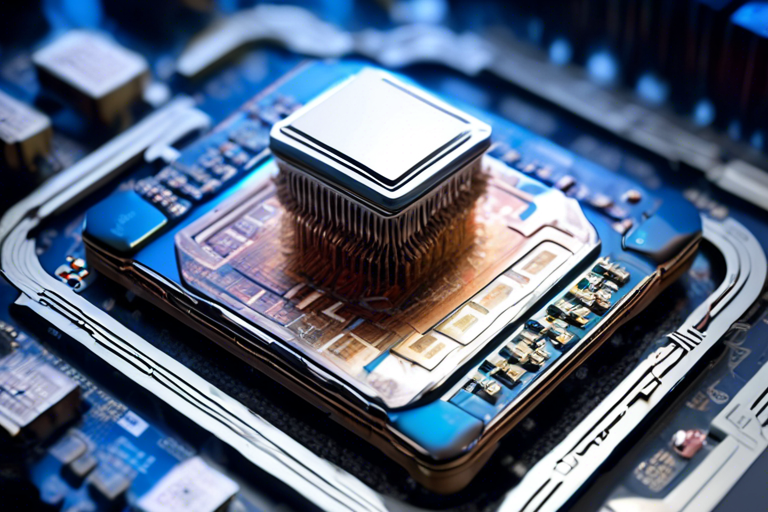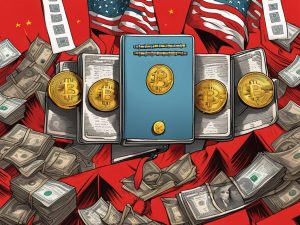ASML and TSMC’s Response to Potential Threat From China
ASML and TSMC have developed a plan to protect the world’s most advanced chip-making machines in the event of a potential invasion from China. The strategy involves implementing a kill switch on ASML machines, specifically the extreme ultraviolet lithography machines that are crucial for the production of sophisticated chips utilized by TSMC.
Details of the Plan
- In-depth reporting by teams in the Netherlands and the US confirmed the existence of a kill switch designed to remotely deactivate ASML machines.
- The kill switch would address concerns raised by US officials about China potentially gaining access to these advanced machines.
- TSMC heavily relies on ASML’s extreme ultraviolet lithography machines for its chip production.
Implications for US-China Relations
- The presence of a kill switch highlights the US’s heightened focus on safeguarding technology from falling into Chinese hands.
- The concern extends beyond smartphone chip production to potential military applications in China.
- The urgency in addressing this issue reflects fears of a possible Chinese invasion of Taiwan by 2027.
Additionally, sales of ASML machines to China could face a significant impact due to the chip restrictions imposed by the US. While ASML can still sell legacy lithography machines to China, the sale of cutting-edge extreme ultraviolet lithography machines is prohibited, as ASML is the sole producer of these advanced machines.
International Response to the Threat
- Not only the US but also the Netherlands and Japan have joined forces to restrict the sale of advanced chip-making technology to China.
- Washington’s efforts to rally international support for these restrictions underscore the global concern over China’s potential access to cutting-edge technology.
Hot Take: ASML and TSMC’s Strategic Defense
ASML and TSMC’s proactive approach in implementing a kill switch on advanced chip-making machines demonstrates their commitment to ensuring the security of critical technology in the face of geopolitical threats. By taking decisive action to protect sensitive equipment, these companies are setting a precedent for safeguarding technological advancements in an increasingly competitive landscape.





 By
By
 By
By
 By
By
 By
By
 By
By
 By
By